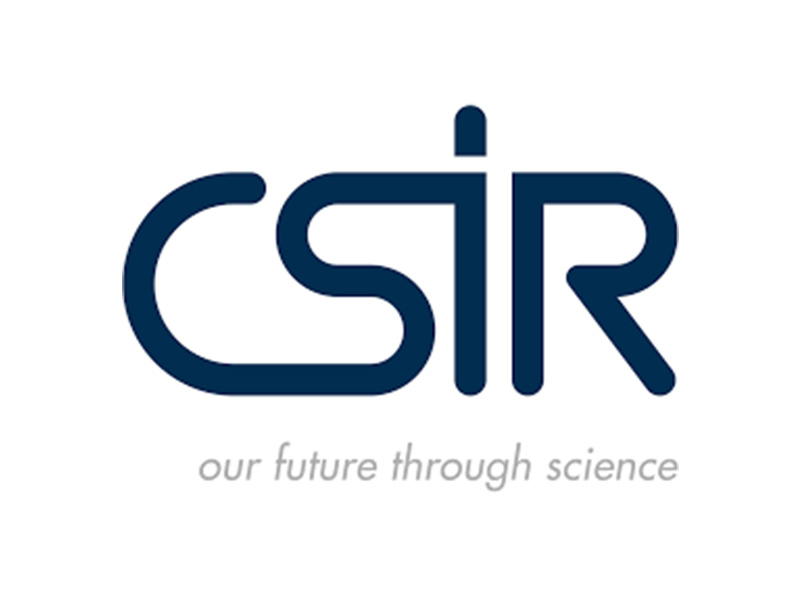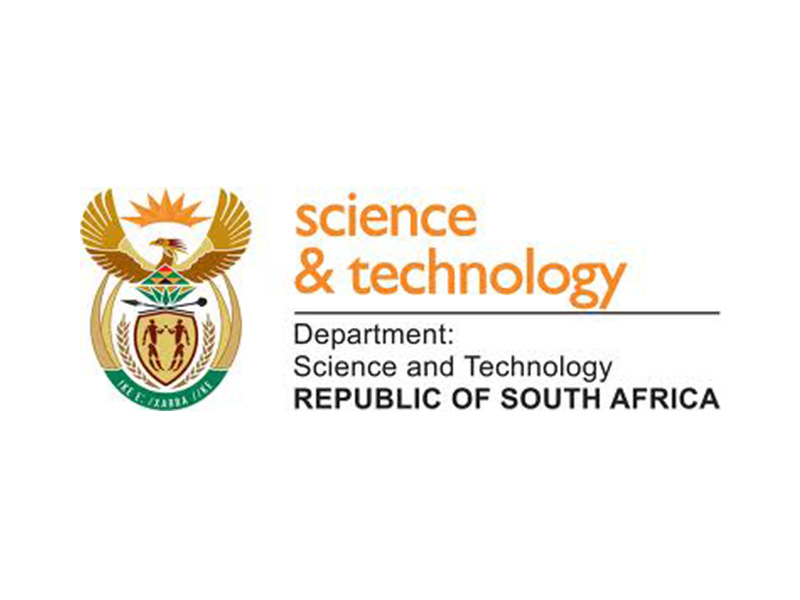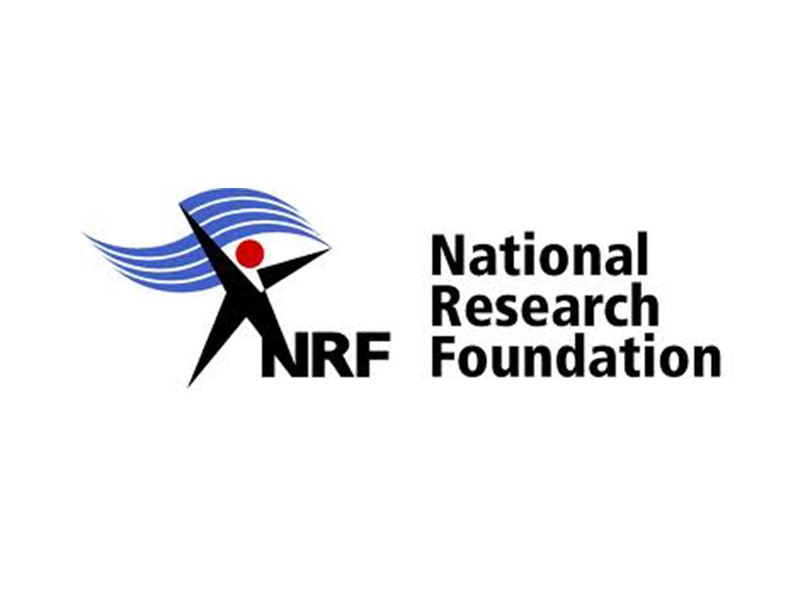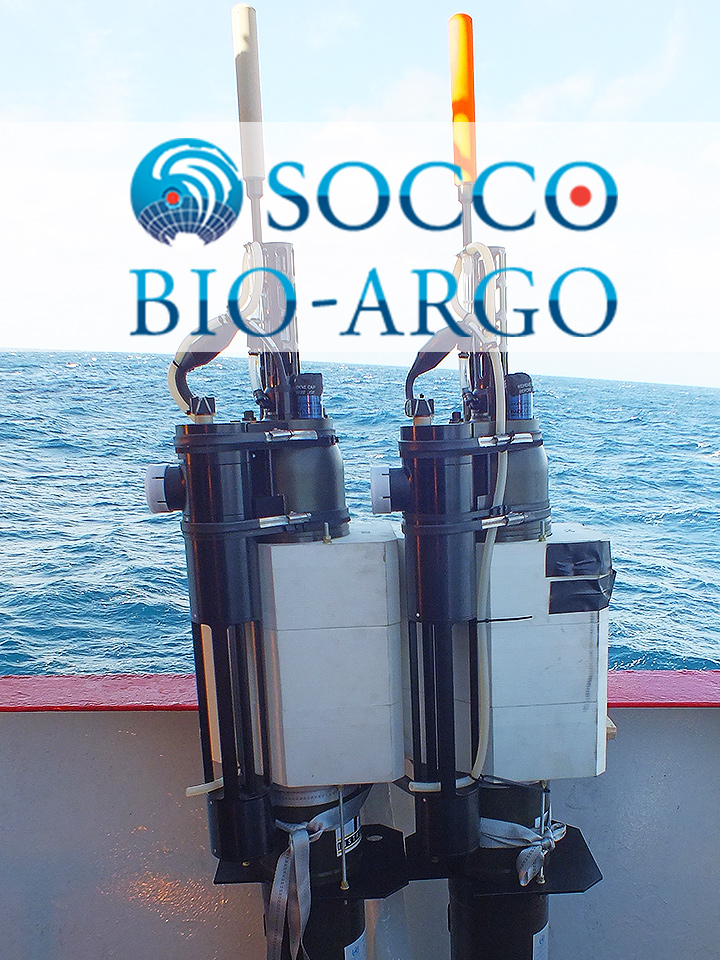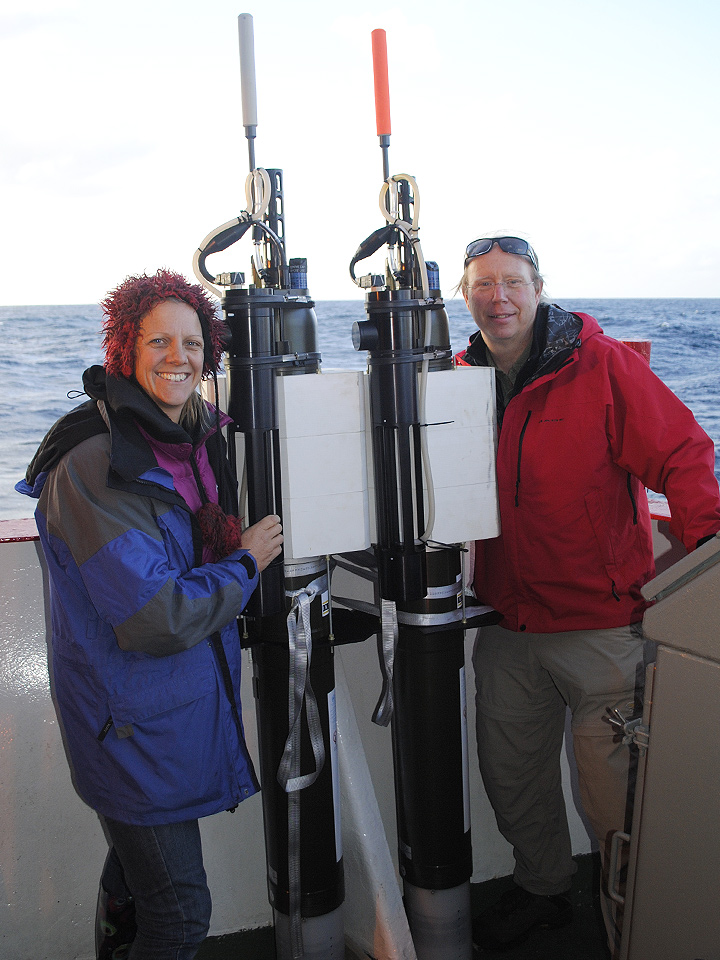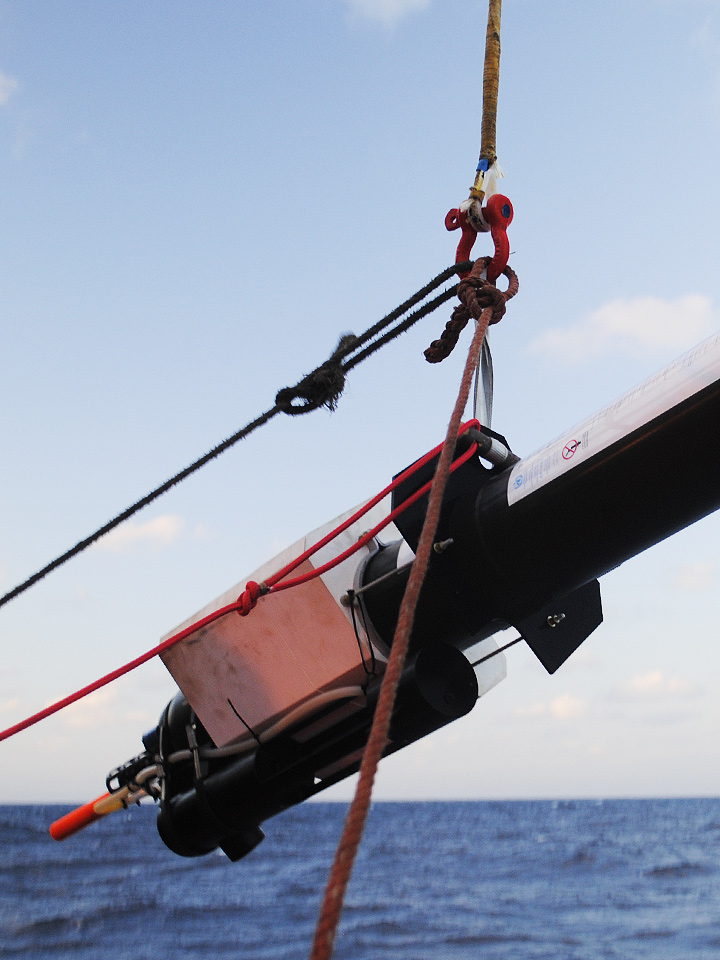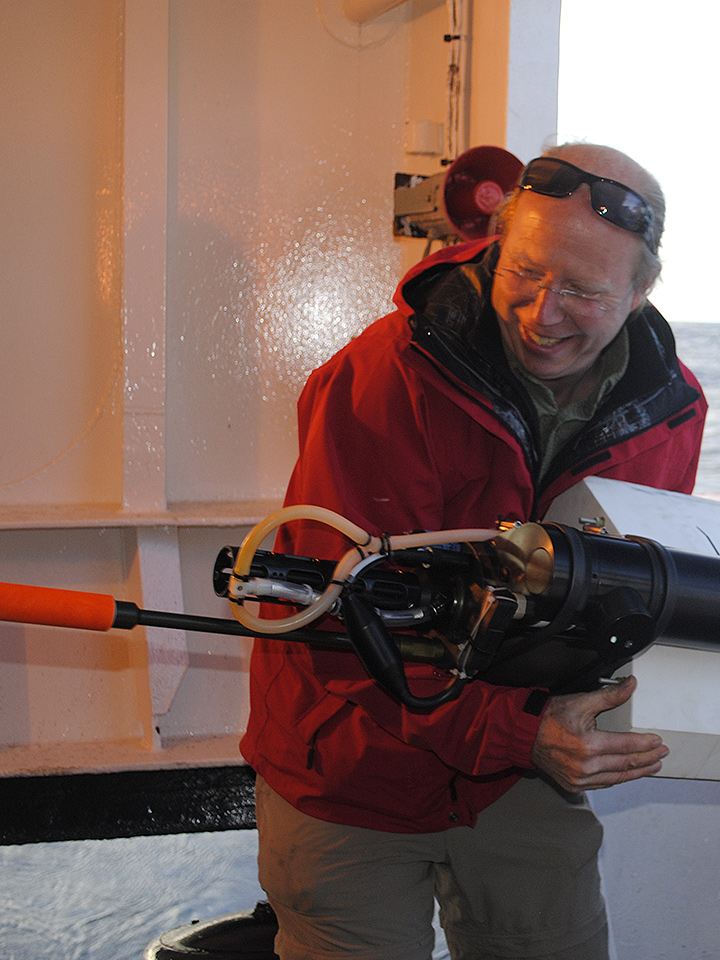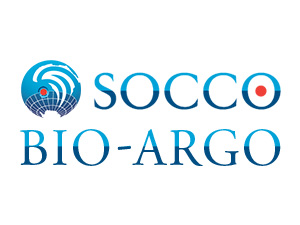Leading scientific and technology research, development and implementation organization in Africa. Undertaking directed research and development for socio-economic growth.
Climate models and decadal data sets predict changes in the earth’s climate that will influence the effectiveness of the Southern Ocean CO2 sink through adjustments to sea surface temperature (SST), stratification and mixing (Boyd 2002), all of which affect the nutrient and light supply necessary for phytoplankton production (and associated carbon export). The regional character of the sensitivity of biological production to predicted changes in the earth’s climate are however unknown, which impedes our ability to predict the future response of the Southern Ocean’s biological carbon pump to a changing climate. Part of our lack of understanding lies in our inability to accurately resolve inter-annual variability and seasonal and intra-seasonal dynamics in physical drivers and biological response, due partially to operational limitations that allow these questions to be resolved at the required spatial and temporal scales. This has necessitated the use of autonomous and remotely sensed techniques that are able to address the temporal and spatial scale gaps in our knowledge of a hitherto under sampled ocean
Bio-optical sensors on autonomous platforms (e.g. gliders and floats) provide highly cost-effective measurements at high frequency; as do ocean colour remote sensing observations with the added advantage of being routine, synoptic and available over decadal time scales. These platforms are able to sample the Southern Ocean at the relevant time (sub-seasonal to seasonal) and space scales (meso- to submesoscale) necessary to link the physical forcing mechanisms associated with climate change to ecosystem responses in primary productivity and carbon export. In many cases, remotely sensed data are the only systematic observations available for chronically under-sampled marine systems such as the polar oceans. Given the growing importance of remote sensing and autonomous platforms in the trajectory of Southern Ocean ecosystem understanding, it is necessary that we maximise the value of these observations by developing ecosystem-appropriate, well characterised products. A primary objective of this research is to develop and apply emerging techniques to derive optimized and regionally robust information from ocean colour and autonomous platforms in the Southern Ocean in order to provide new insight into ecosystem function. A key focus is the ability to assess the event, seasonal and inter-annual variability in ecosystem physical drivers and their biogeochemical response. Key to the effective development and application of these techniques is the establishment of a bio-optical research competency – a core capability (through equipment and human capacity) that will allow a common and cost-effective research and development platform for powerful new ecosystem observations. This in turn will allow us to improve our understanding of environmental forcing mechanisms that regulate plankton communities and their role in mediating carbon exchange between the atmosphere and the ocean interior
Department of Science and Technology Providing leadership, an enabling environment, and resources for science, technology and innovation in support of South Africa’s development.
National Research Foundation Promotes and supports research through funding, human resource development and the provision of National Research Facilities in all fields of natural and social sciences, humanities and technology.


